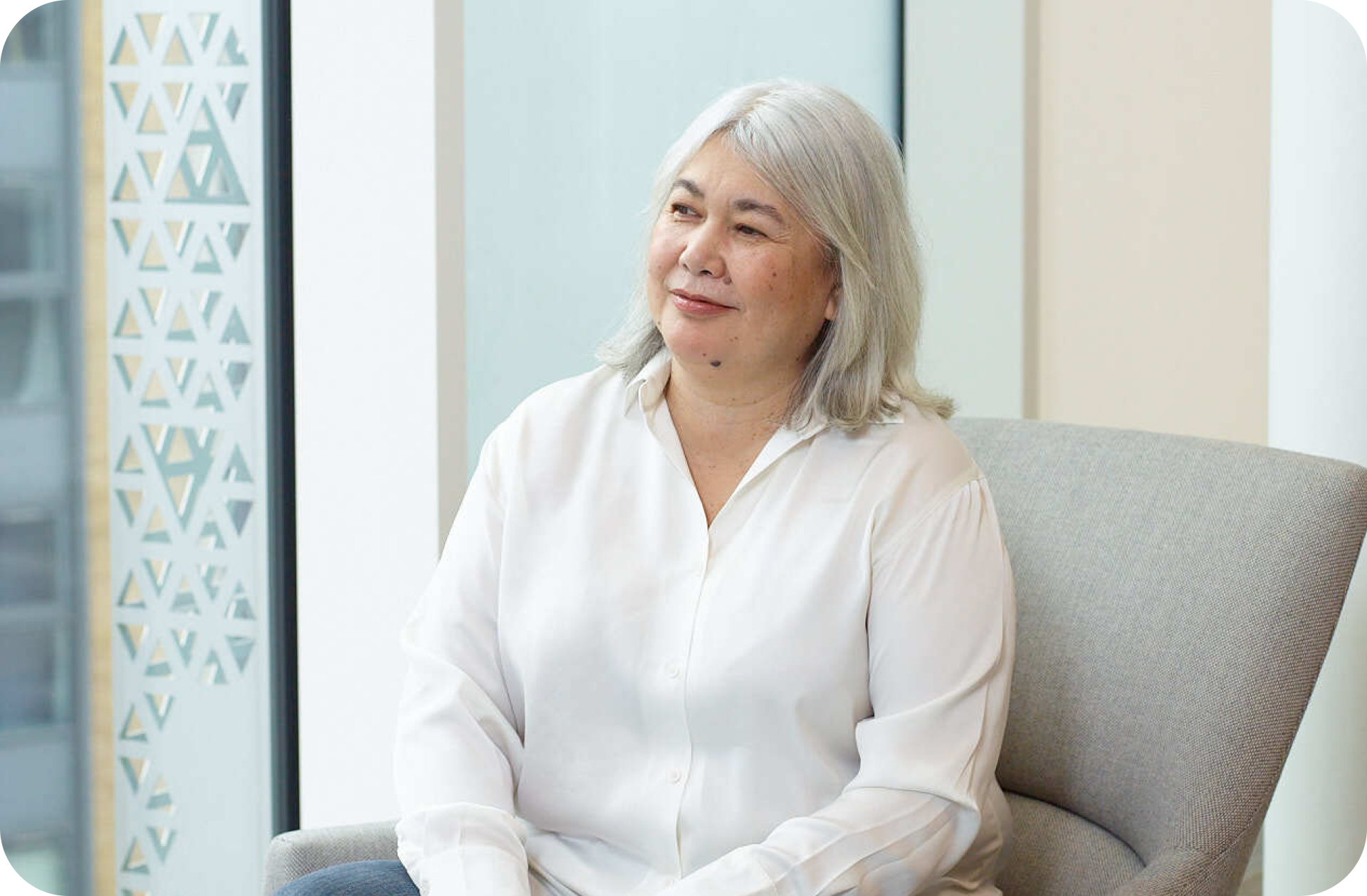Today is International Women’s Day, and with it, the familiar chorus of questioning voices asking how to get more women and girls interested in STEM.
Encouraging women in science is something close to my heart, but during my whole career as a chemist, I’ve always felt supported by all my colleagues, regardless of gender. It has always been possible to make science a field where women can be both groundbreaking and glass-ceiling-breaking.
I wanted to share my career story in the hopes that it might inspire others - and make clear that you shouldn’t believe anyone who tells you it is difficult to hire brilliant women in STEM: we’ve always been here, and there are more of us with each passing year.

I did my undergrad through to PhD at Imperial College London and afterwards joined the James Black Foundation, only a few weeks before Jim won the Nobel prize for pioneering strategies for rational drug design. I began as a laboratory-based scientist making molecules, and was part of a number of exciting projects, like developing a new way to understand and represent molecules, capturing the electrostatic properties of molecules beyond the 2D models of the past.
Over the years, my interests shifted to what we were going to make next, rather than how we were going to make it. Moving to work with researchers at Imperial College to identify drug discovery projects felt like a natural next step. What I didn’t anticipate is how the role would completely change my view of the drug discovery process and how badly it needed to change.
My role at Imperial involved working with scientists and medics, bridging the gap between the two; and I came to appreciate that it was quite the gap. A scientist’s point of view favours discovery – science for science’s sake. My conversations with doctors, however, painted a vivid picture of people in need: whether it be patients who suffer from acute or chronic diseases, or families who are facing the imminent loss of a loved one.
In both cases, doctors would return to the same exasperated conclusion: lives could be saved and improved if drugs were developed faster. It completely shifted the urgency and speed of revolutionising the drug discovery process for me. Something needed to be done differently and I recognised my experience could be put to use to drive change.
I was looking for an opportunity to apply that sense of urgency. After leaving Imperial, I worked with the Bill & Melinda Gates Foundation as a consultant, helping chemists and biologists talk to each other. The most exciting part of the job was how internationally focussed it was. We developed consortiums and provided the tools to connect scientists working on problems in California with scientists working on the same problem in Cameroon.
In science, you never work in isolation - it’s important to test ideas with your peers and get regular feedback from them. But there was something even more enriching about forming partnerships among a wide range of people. For me, it really reinforced the belief that collaboration is key in the fields of chemistry and drug discovery: it's the only way we can get access to more data, more experiments, and more ideas.
In drug discovery, you cannot make compromises on quality - and if we are really going to reimagine the process by which we discover drugs, we need to make sure we’re doing it in the best possible way. The only way we can do that is by building teams that know how to collaborate, and represent the widest possible variety of ideas.
Having seen the need for urgency and the importance of collaboration first hand, getting the opportunity to work at Isomorphic Labs and to join as the company’s first scientist was incredibly exciting. Not only are we aiming to revolutionise the drug discovery process to help cure humanity’s most devastating diseases, but I have the opportunity to collaborate with some of the most brilliant minds in chemistry, biology and machine learning.
Iso is also a place where we’re committed to doing things differently. My career has shown me how science is, at its core, about challenging assumptions, and being willing to think about old problems in new ways. If we're serious about accelerating the pace of drug discovery, and revolutionising healthcare for humanity, that willingness to challenge assumptions can’t stop at the lab.
We’re continuing to strive for an even gender split, knowing that genuine collaboration can only happen through purposeful inclusivity. Even though the Science team has grown significantly we’ve continued to achieve that goal.
Part of this is because drug discovery is so intimately linked as a field to biology and chemistry: in the UK over half of all biology undergrads, and 40% of chemistry students are women, so setting out to recruit women is much easier than in other fields, where the intake is still predominantly male. But a critical part of it also comes from intent. If you’re looking for brilliant women on purpose, you’ll find them.
Interested in joining us? Register your details here